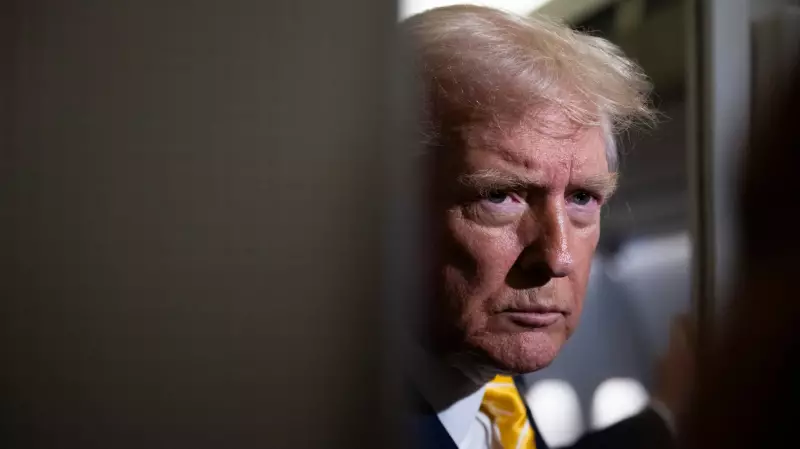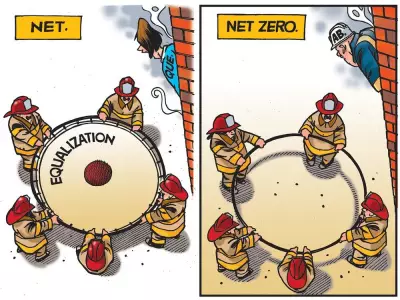
New financial disclosures have revealed that U.S. President Donald Trump made significant bond purchases totaling at least $82 million between late August and early October, including investments in corporations and sectors that stand to benefit from his administration's policy decisions.
Extensive Bond Portfolio Details
According to documents released by the U.S. Office of Government Ethics on Saturday, President Trump executed more than 175 financial transactions between August 28 and October 2. The disclosures, mandated by the Ethics in Government Act of 1978, show that while exact amounts for individual purchases aren't specified, the maximum total value of these bond acquisitions exceeded $337 million.
The majority of assets listed in the recent filing consist of bonds issued by municipalities, states, counties, school districts, and other public agency-related entities. However, the most notable aspect of Trump's investment strategy involves corporate bonds from companies operating in sectors that have directly benefited from his administration's policy changes, particularly financial deregulation.
Corporate Investments Raise Questions
Trump's bond acquisitions include significant positions in several major corporations. The portfolio features investments in technology giants such as Broadcom, Qualcomm, and Meta Platforms, along with retail leaders including Home Depot and CVS Health. Perhaps most notably, the president purchased bonds from Wall Street institutions Goldman Sachs and Morgan Stanley.
In a particularly striking development, Trump acquired bonds from JP Morgan in late August, despite having asked the U.S. Justice Department just days before the disclosure to investigate the bank over its connections to the late financier Jeffrey Epstein. The timing raises questions about investment decisions potentially conflicting with official government actions.
Another significant investment includes Intel bonds purchased after the U.S. government, under Trump's direction, acquired a stake in the semiconductor company. This pattern of personal investments aligning with government policy decisions has drawn scrutiny from ethics watchdogs.
Ongoing Transparency Concerns
The White House has maintained that Trump continues to file mandatory financial disclosures and that neither he nor his family manages the investment portfolio directly. Administration officials state that a third-party financial institution handles all investment decisions. However, the recent disclosures indicate that income from Trump's various business ventures ultimately flows to him, creating potential conflict of interest scenarios.
This isn't the first major bond purchase disclosed since Trump returned to the presidency. A filing from August indicated he had bought more than $100 million in bonds since his January 20 inauguration. His annual disclosure form submitted in June, covering the 2024 calendar year, revealed over $600 million in income from various sources including cryptocurrencies, golf properties, and licensing deals.
According to Reuters calculations from the June filing, the president's total assets are worth at least $1.6 billion, with his recent push into cryptocurrency substantially increasing his wealth. The ongoing pattern of substantial personal investments coinciding with policy decisions continues to fuel debates about transparency and ethical governance in the current administration.






